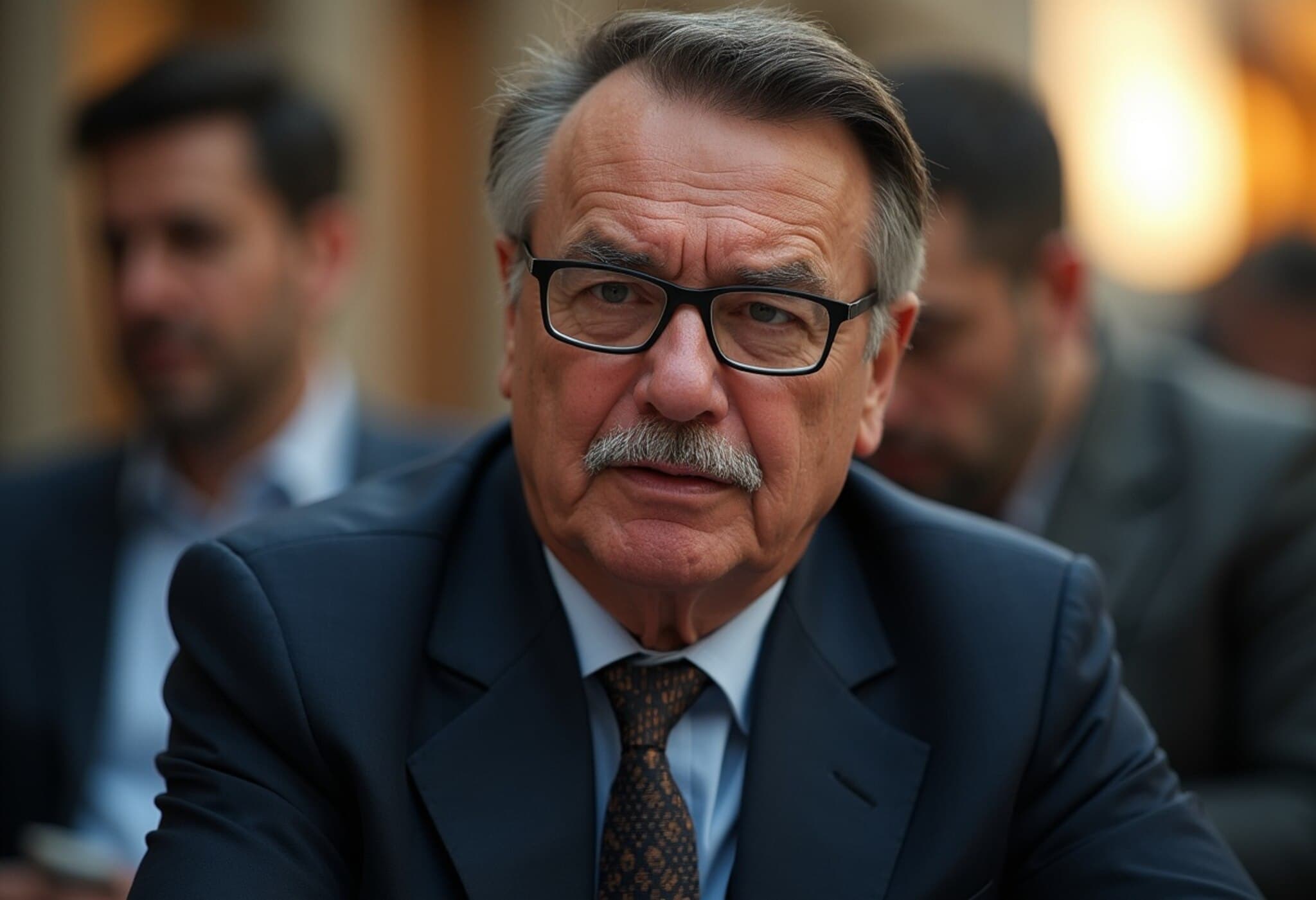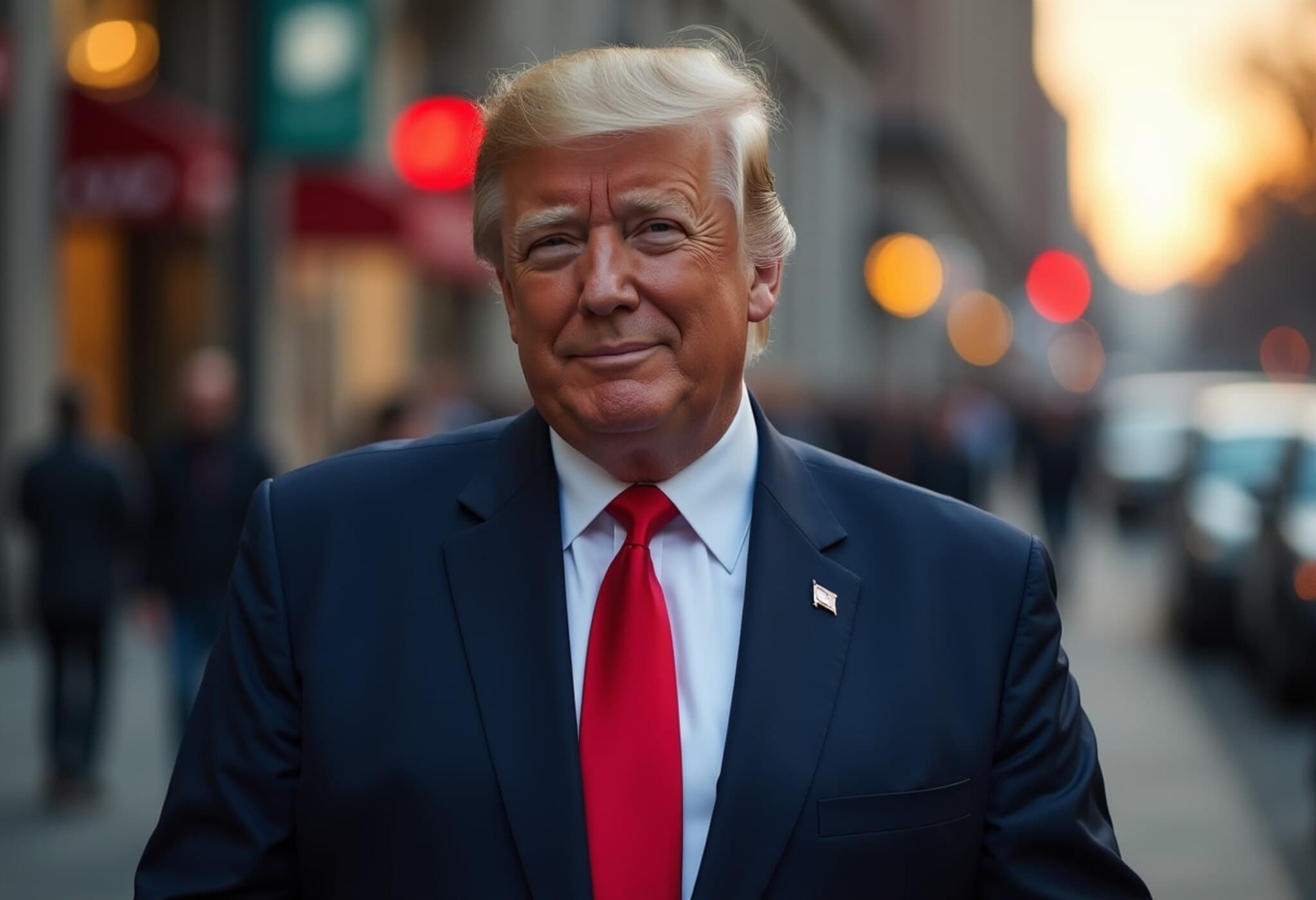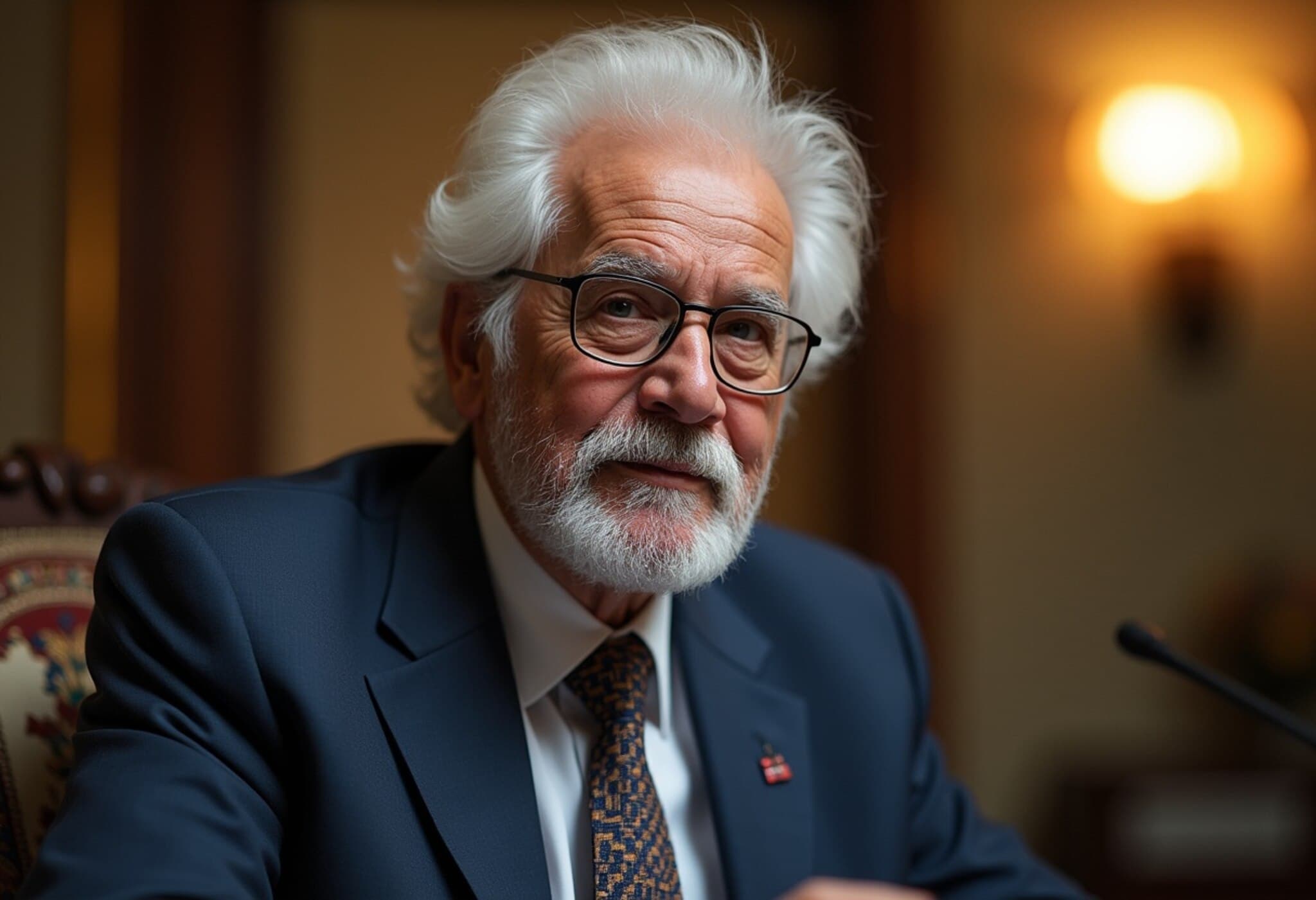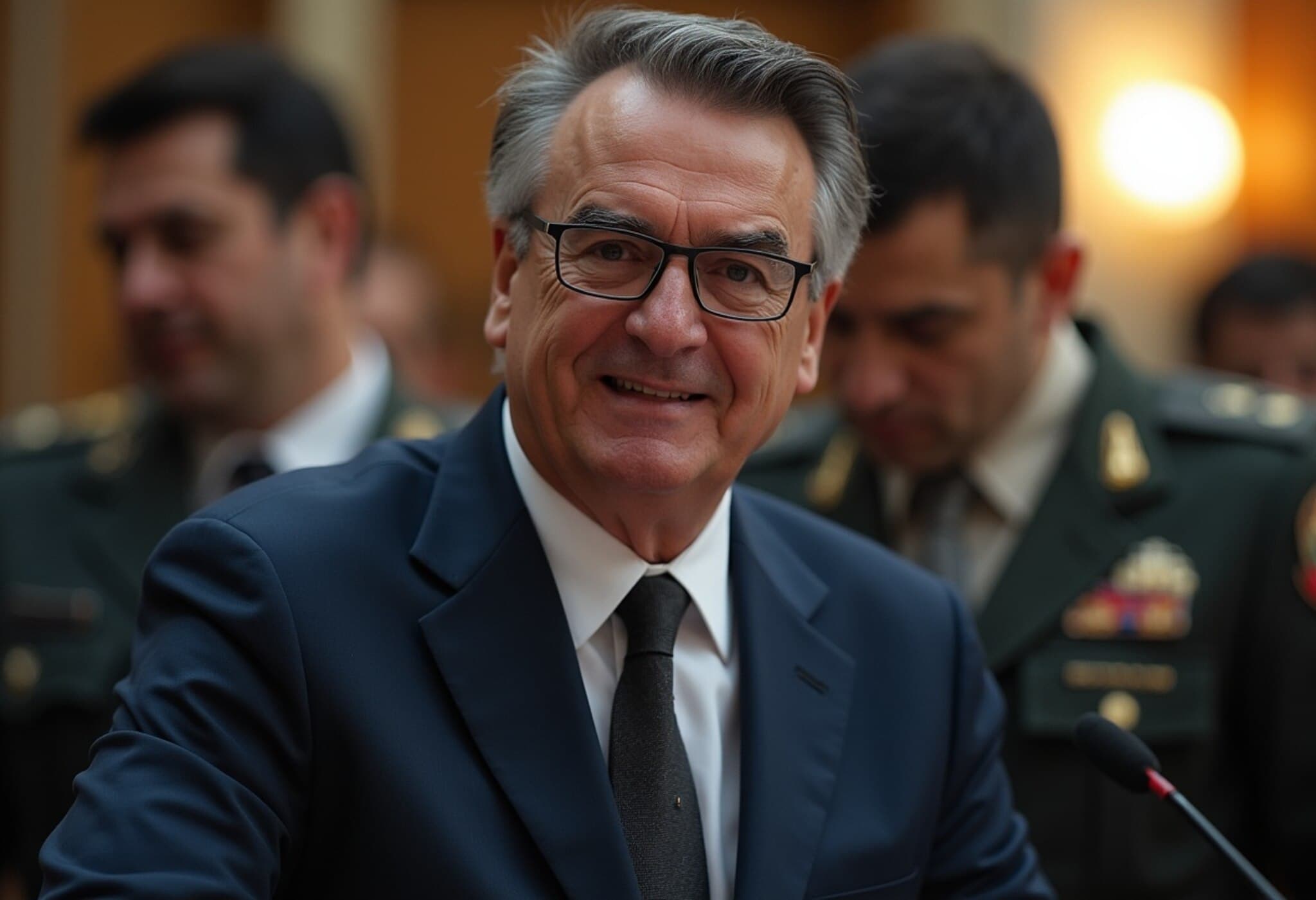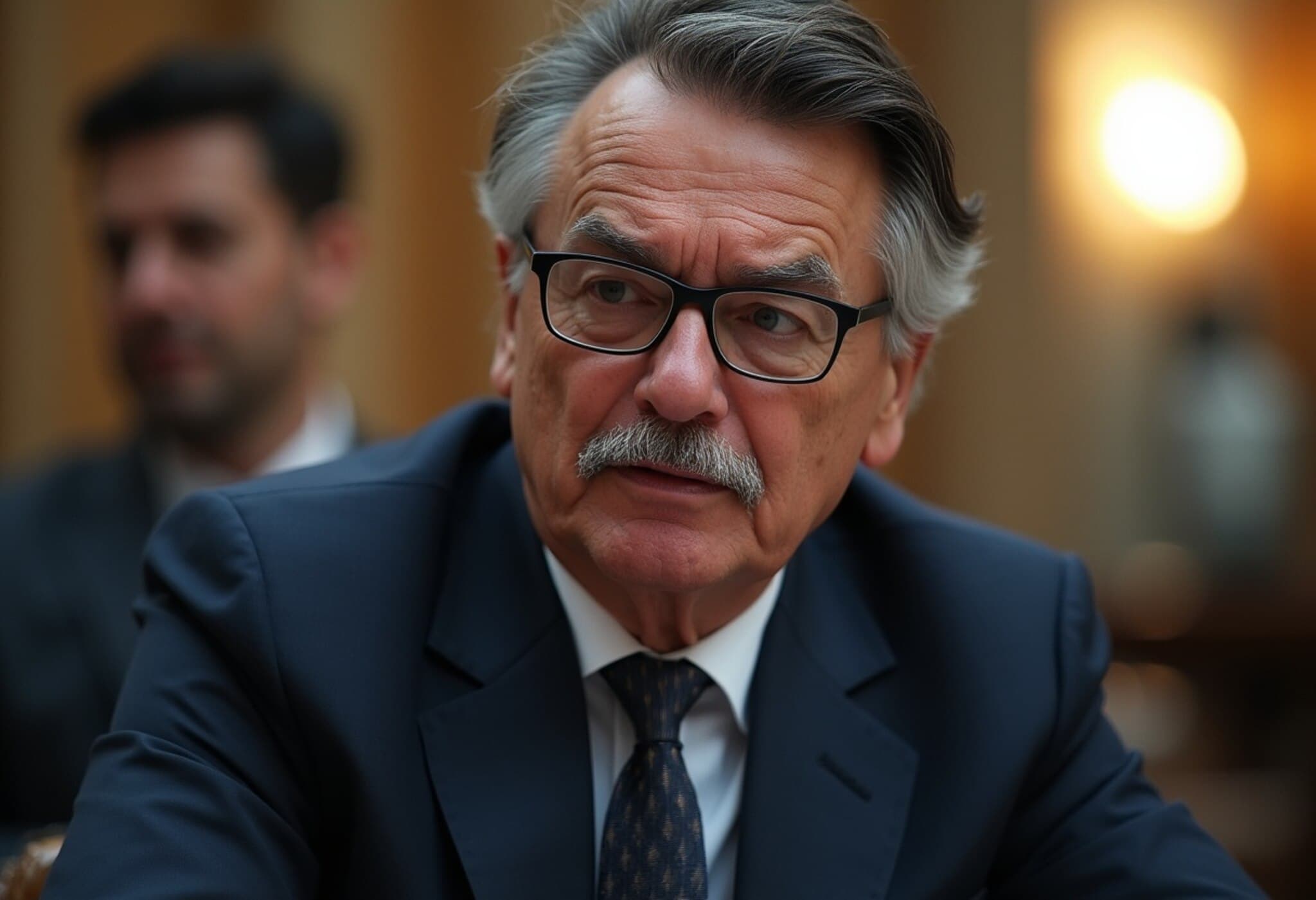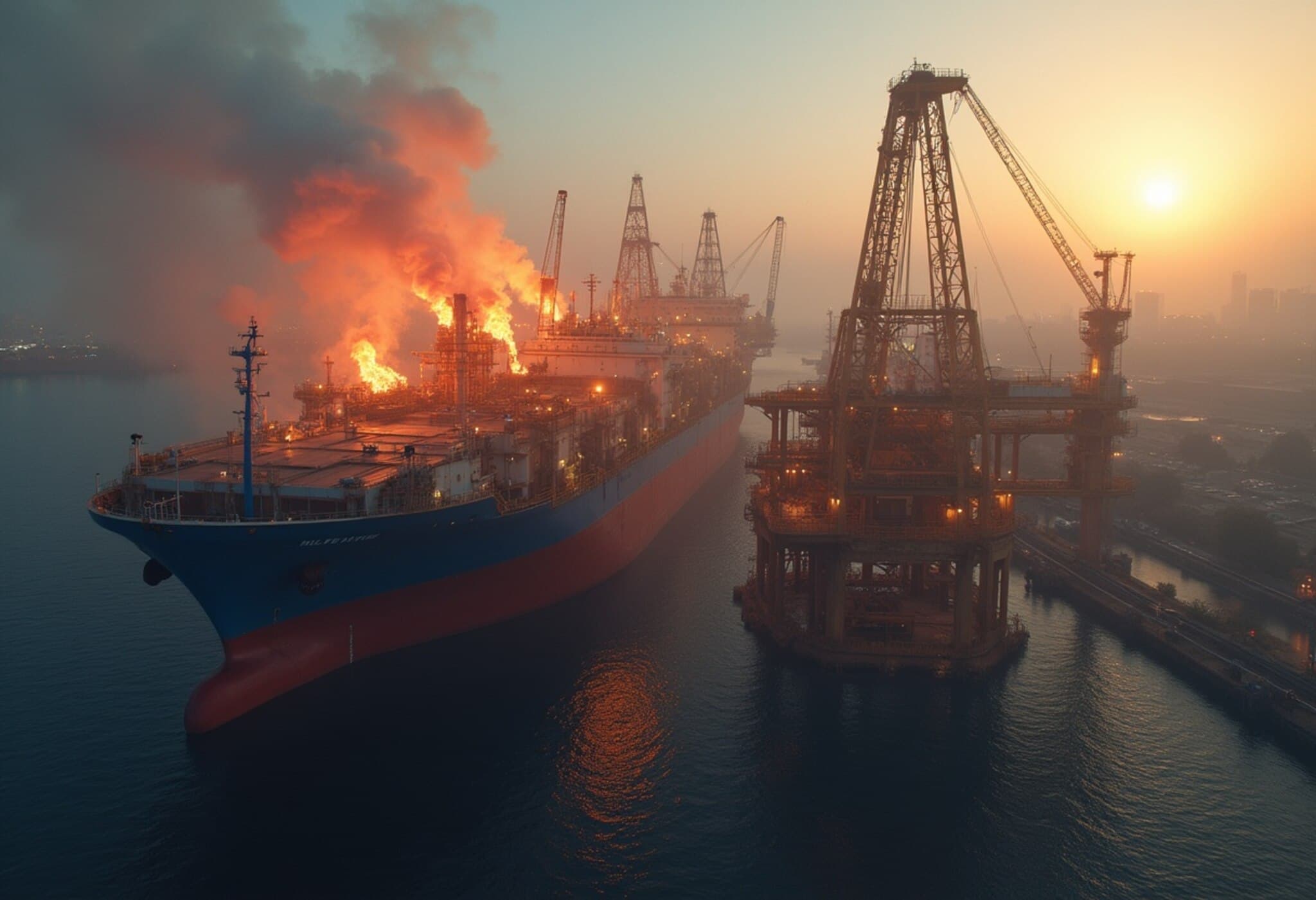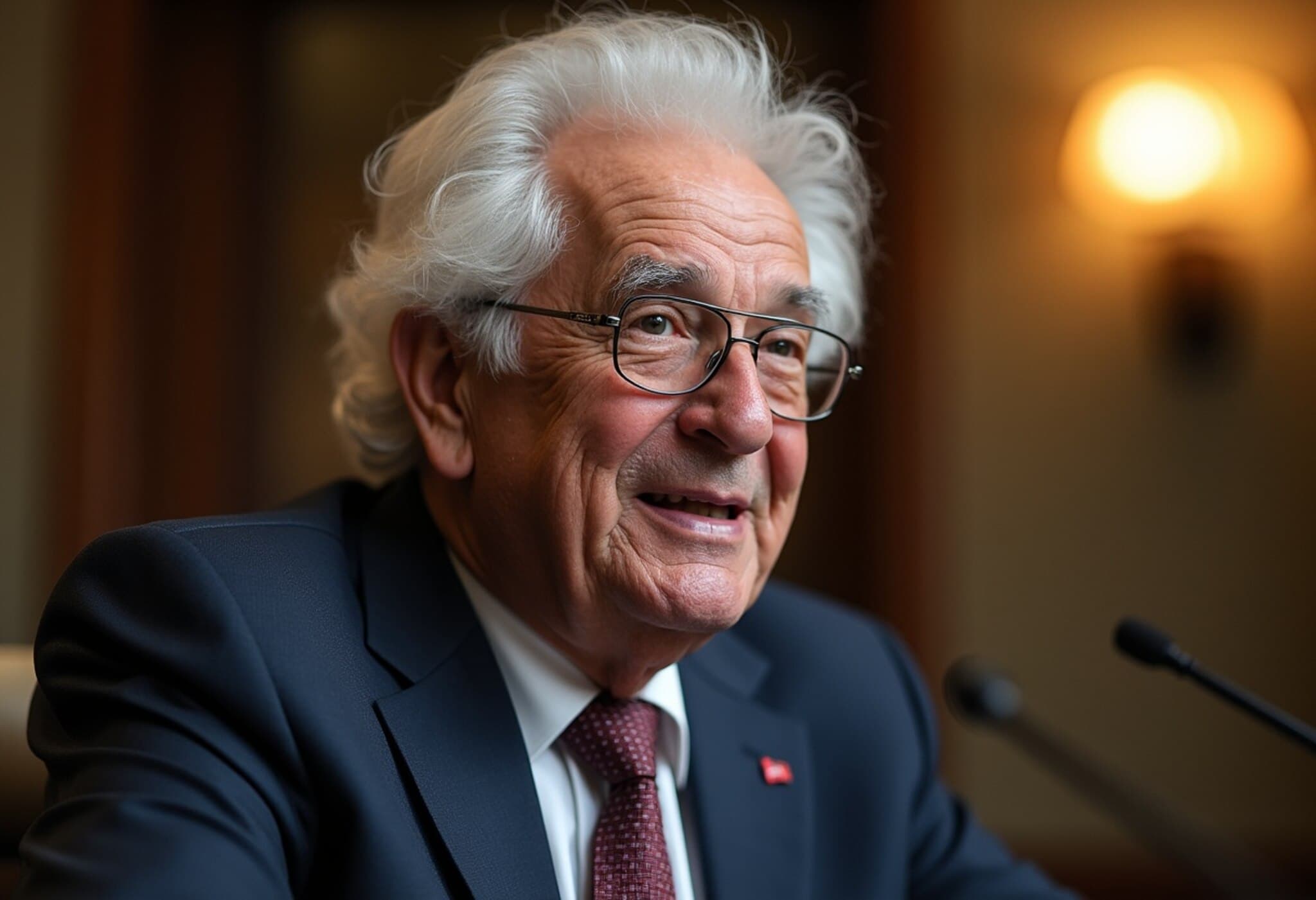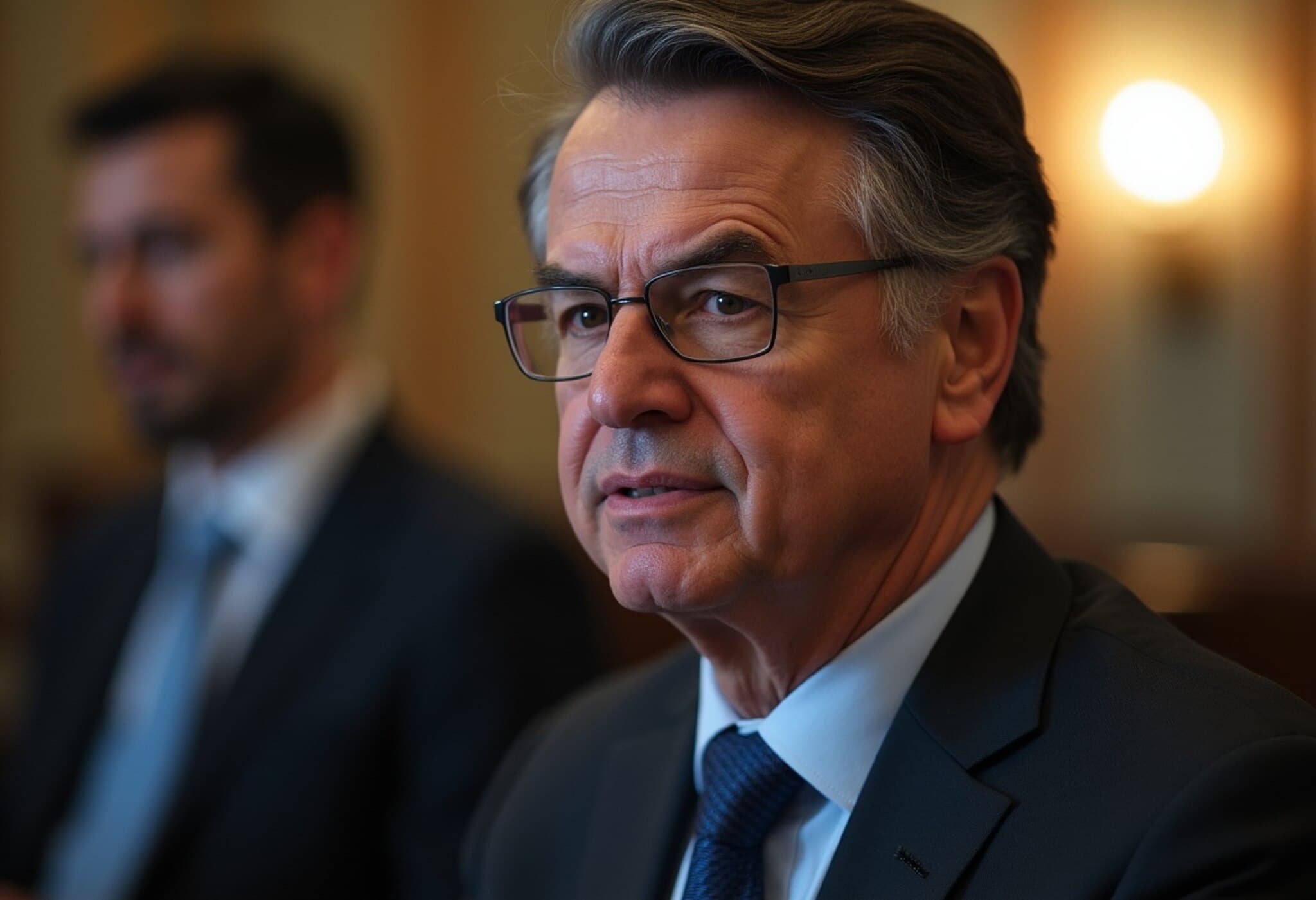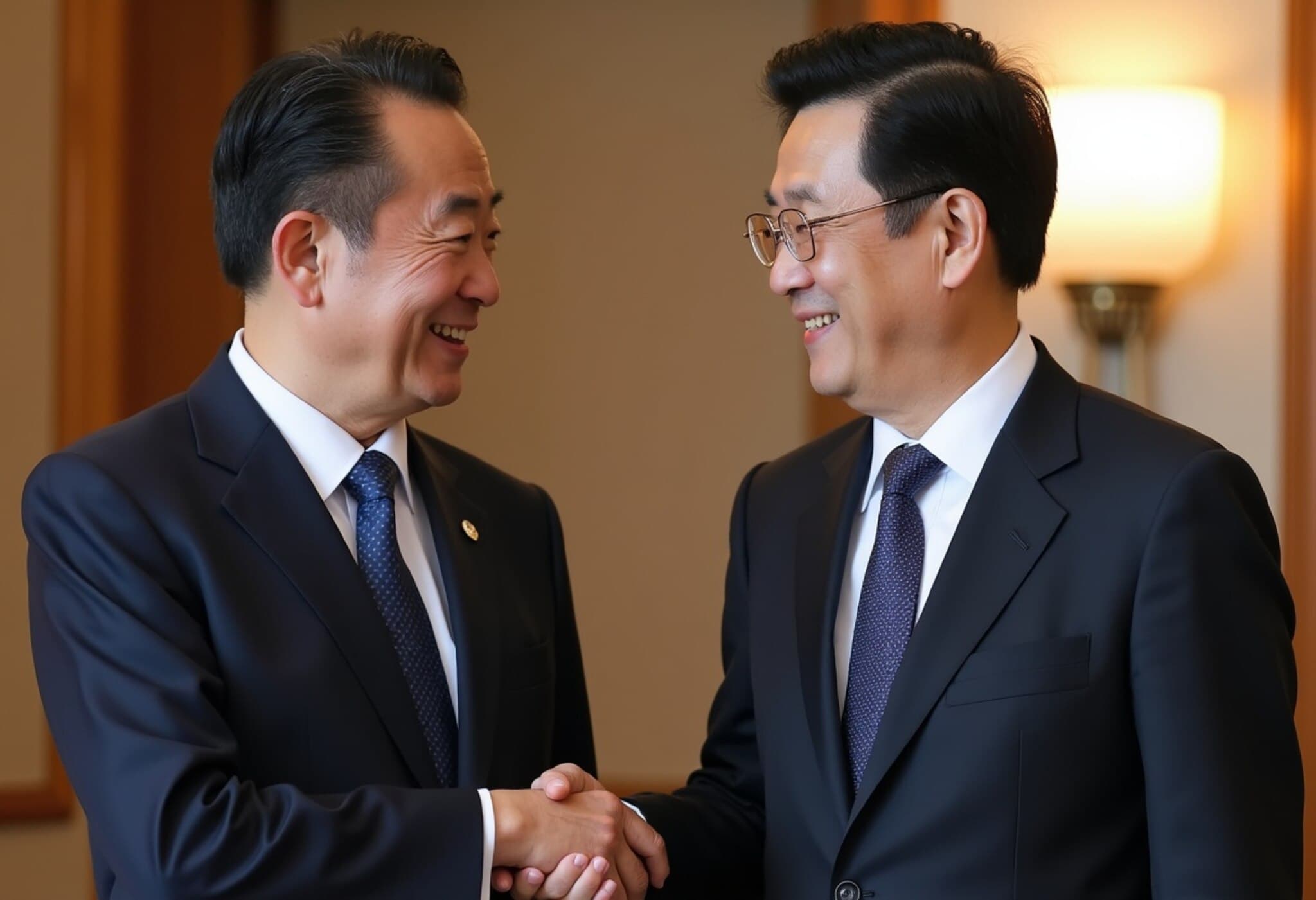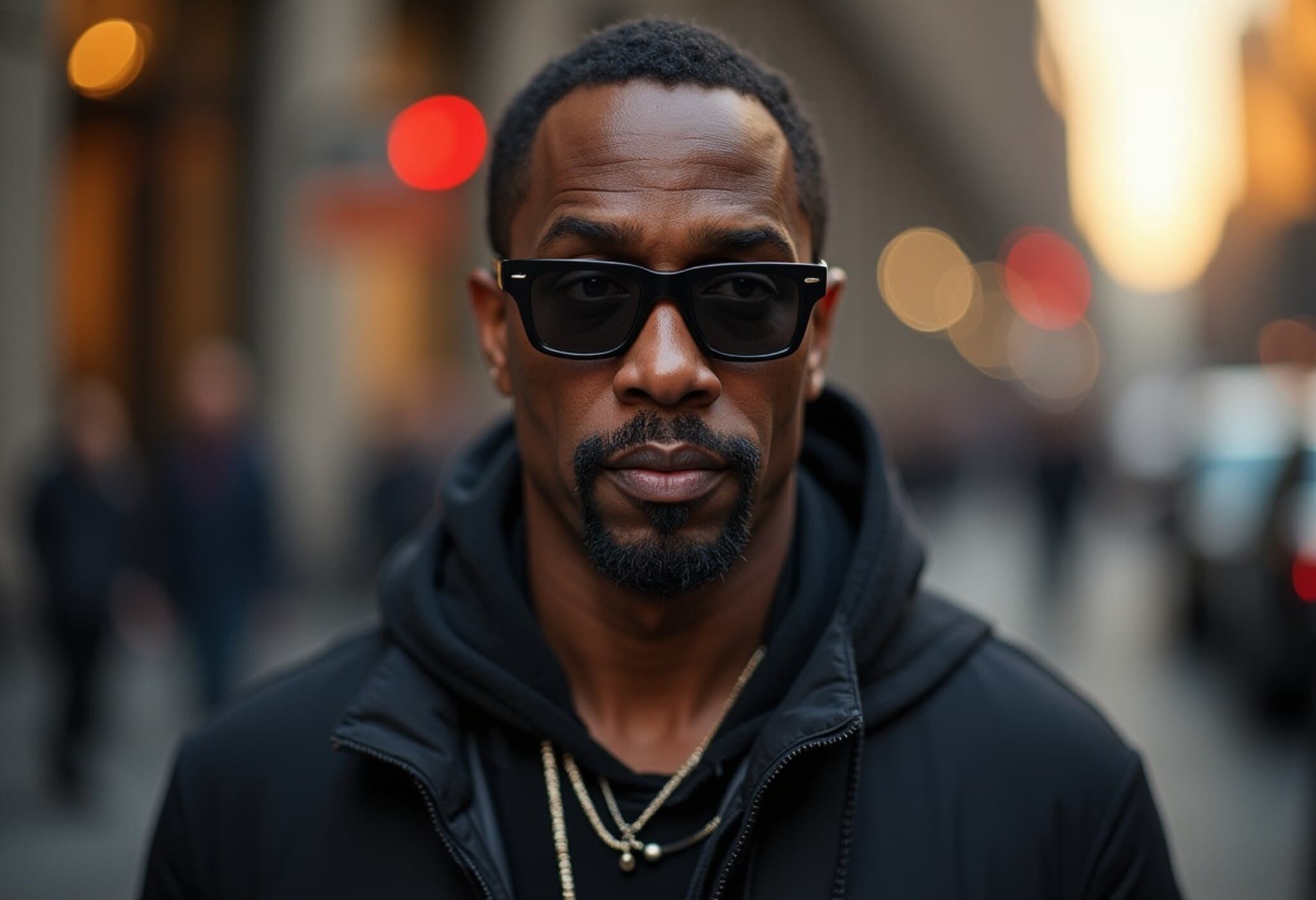Brazil’s Political Turmoil Casts a Long Shadow Over Crucial U.S. Trade Negotiations
In a dramatic twist with wide-reaching consequences, former Brazilian President Jair Bolsonaro’s house arrest is intensifying diplomatic tensions just as the United States prepares to impose sweeping tariffs on Brazilian goods. This development threatens to derail fragile trade talks between two of the Americas’ economic heavyweights, Brazil and the U.S., at a moment when pragmatic diplomacy seemed to be holding sway.
House Arrest and Judicial Measures Ignite Diplomatic Firestorm
On August 5, 2025, Justice Alexandre de Moraes of Brazil’s Supreme Court strengthened restrictions on Bolsonaro by banning his cellphone usage, citing concerns over his alleged indirect use of social media to influence supporters and evade legal constraints. This move came amid Bolsonaro’s house arrest pending a trial on accusations related to an attempted coup and conspiracies to destabilize Brazil’s democratic institutions.
The U.S. government reacted sharply, with the State Department's Bureau of Western Hemisphere Affairs condemning Brazil’s judiciary, accusing it of silencing opposition voices under the guise of legality. “Let Bolsonaro speak!” became a rallying cry from some U.S. officials who see Bolsonaro as a political ally, underscoring how deeply intertwined Brazil’s domestic political conflict has become with international trade diplomacy.
Trade Talks Hang in the Balance as Tariffs Loom
This tempest unfolds mere days before the U.S. is set to implement a 50% tariff on a slate of Brazilian exports. These tariffs target billions of dollars’ worth of goods—from coffee, a staple in American homes, to various other industrial and agricultural products.
- Brazil contributes 30% of U.S. coffee imports, a vital commodity for American consumers.
- Key Brazilian exports such as orange juice and airplanes have been exempted, but many other products face increased costs.
- Brazilian Finance Minister Fernando Haddad was engaged in negotiation efforts with U.S. Treasury officials just before the recent judicial escalations.
President Luiz Inácio Lula da Silva has emphasized Brazil’s intention to pursue trade dialogue independent of Bolsonaro’s legal troubles, highlighting the separation of judicial processes from diplomatic efforts. Yet the conflation of these issues risks eroding trust and cooperation between the nations.
Legal Context: A Battle for Brazil’s Democratic Integrity
With Bolsonaro accused of organizing a plot to subvert the 2022 presidential election and even allegedly conspiring to assassinate both President Lula and Justice Moraes, the stakes extend far beyond trade. According to prosecutors, his plans reportedly involved attempts to militarize governance and undermine Brazil’s judiciary—actions that strike at the heart of democratic governance.
Bolsonaro denies these accusations but admits to exploring constitutional mechanisms to maintain power. If convicted, he faces substantial prison time, potentially spanning decades. Justice Moraes’ approach has been both lauded and criticized domestically—praised for protecting democracy from extremist threats but also challenged for overreach, including social media censorship and combining prosecutorial and judicial functions.
U.S. Political Dynamics and Bolsonaro’s Trump Connection
Bolsonaro’s political style, notably likened to former President Trump’s, has garnered him support in U.S. political circles. Trump himself has characterized Bolsonaro’s prosecution as a “witch hunt” and has directly linked the imposition of tariffs on Brazil to Brazil’s treatment of Bolsonaro, signaling a rare intertwining of domestic judicial matters with international economic policy.
Lawmakers aligned with Bolsonaro are aggressively pushing for amnesty efforts, though President Lula appears poised to reject such measures, reinforcing Brazil’s judicial independence despite international pressures.
What This Means for U.S.-Brazil Relations and Global Trade
This clash illuminates broader questions about how democracies navigate internal political conflicts while maintaining external economic partnerships. The U.S.-Brazil relationship, historically robust yet occasionally fraught, now faces a referendum on whether jurisprudence and sovereignty can remain insulated from trade negotiations.
Experts caution that conflating judicial independence with trade leverage risks destabilizing regional cooperation and economic growth. Political analyst Thomas Traumann underscores this distinction: “Alexandre de Moraes and President Lula act independently. It is essential for the U.S. to recognize these separate roles to avoid exacerbating conflict.”
Moreover, Brazil’s strategy of pursuing diplomacy over immediate retaliation signals an intent to preserve long-term economic interests despite political turbulence.
Editor’s Note: Navigating Democracy and Diplomacy in a Complex Era
The unfolding saga around Jair Bolsonaro’s house arrest is not merely a legal case but a microcosm of the challenges emerging democracies face when internal political fractures spill into the international arena. This episode highlights the precarious balance between upholding judicial independence and addressing diplomatic pressures influenced by political allegiances. As Brazil and the U.S. approach critical trade deadlines, observers should ask: Can two democratic giants reconcile domestic justice with international economic cooperation, or will political entanglements deepen a hemispheric rift?
This story remains pivotal to understanding the evolving dynamics of democracy, law, and economics in the Western Hemisphere.

